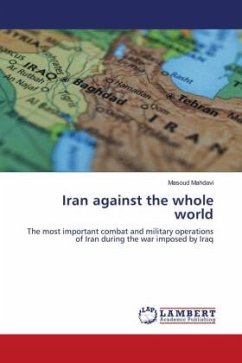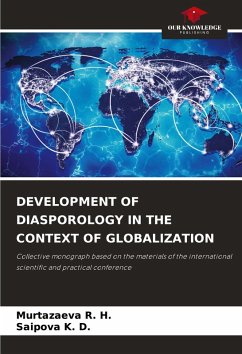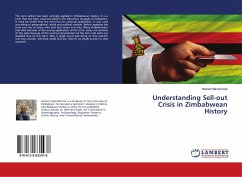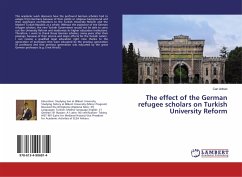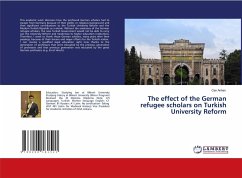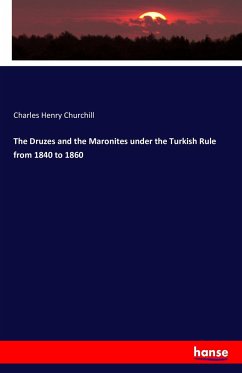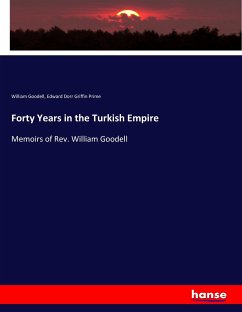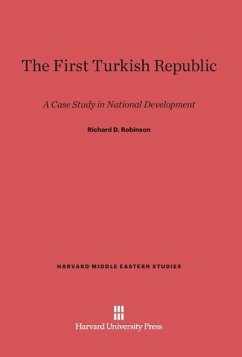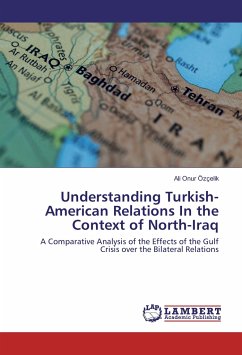
Understanding Turkish-American Relations In the Context of North-Iraq
A Comparative Analysis of the Effects of the Gulf Crisis over the Bilateral Relations
Versandkostenfrei!
Versandfertig in 6-10 Tagen
24,99 €
inkl. MwSt.

PAYBACK Punkte
12 °P sammeln!
The changing nature of Turkish-American relations has largely been affected by the Gulf Crisis of 1991. By the impetus of Turkey's central role in that incident, the bilateral relations started to be transformed from single issue based on containment of Soviet paradigm to the multi-dimensional period. The first Gulf Crisis has also posed many challenges, making it clear that Ankara and Washington perceive the world and define their interests in different ways. Such divergence between them was particularly exacerbated when the Iraqi operation led by America came about in 2003 since the Turkish ...
The changing nature of Turkish-American relations has largely been affected by the Gulf Crisis of 1991. By the impetus of Turkey's central role in that incident, the bilateral relations started to be transformed from single issue based on containment of Soviet paradigm to the multi-dimensional period. The first Gulf Crisis has also posed many challenges, making it clear that Ankara and Washington perceive the world and define their interests in different ways. Such divergence between them was particularly exacerbated when the Iraqi operation led by America came about in 2003 since the Turkish Parliament rejected a motion on 1 March 2003 which would have allowed the deployment of up to 62,000 US troops in Turkish territory. This rejection brought the bilateral relations to one of the lowest points in the history of bilateral relations. In order to determine the course of relations between the United States and Turkey regarding northern Iraq, this book sheds light on these subjects: major shifts in the bilateral relations; the legacy of Gulf crises; divergences between America and Turkey in terms of northern Iraq; the policy implications of both countries towards the region.



